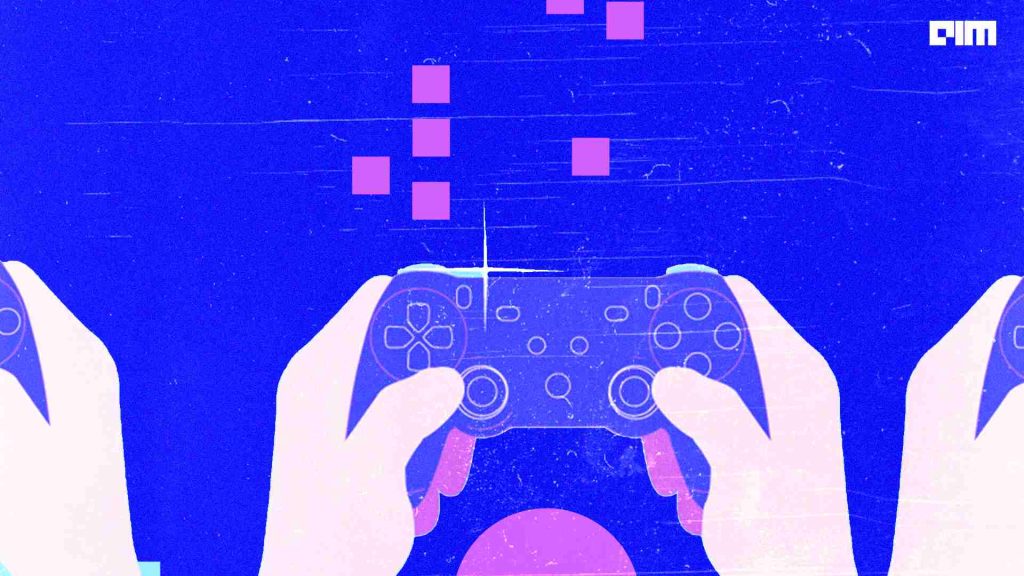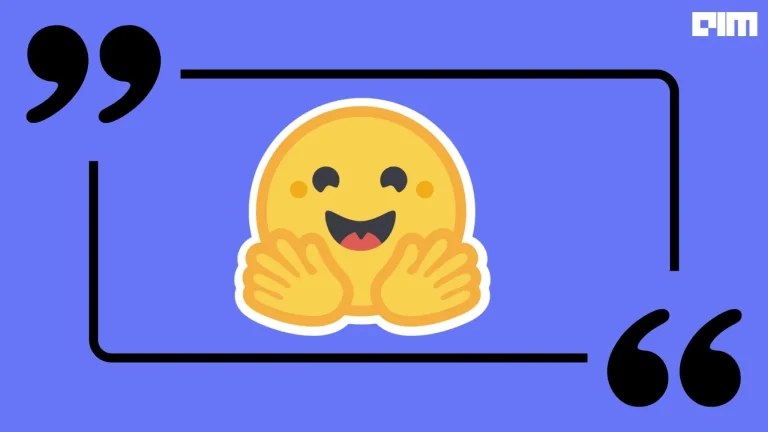Last year, Non-fungible Tokens (NFTs) broke the internet. Video game publishers, artists and streaming companies are cottoning on to their game-changing potential.
yeah i built @twitch
— Justin Kan ❄️ (@justinkan) February 8, 2022
it has millions of users.
& gaming NFTs are way bigger.
Blockchain gaming is a means of turning the digital assets inside video games (such as collectibles or cosmetic skins) into real-world assets in the form of NFTs. The inspiration behind introducing NFTs to gaming likely comes from the success of multiplayer games such as Runescape and World of Warcraft with thriving in-game economies. The gamers spend real money on grey markets to make unauthorised purchases of game accounts or items on third-party sites.
The game Second Life made use of digital currencies over a decade ago. Likewise, CryptoKitties—the collectible virtual pets platform from Dapper Labs— has also anticipated NFTs in gaming.
DLCs to NFTs
When you buy a non-NFT skin in a game today, the record of your ownership is linked to your gaming account. The game developer is in complete charge of how your downloaded content (DLC) functions: how your ownership is authenticated, where you need to go to download it, and how the item works in the game.
NFTs would externalise this process. So, for instance, instead of your Electronic Arts (EA) account data being used to confirm your ownership of a certain Sub Zero skin to Battlefield 2042, the game would check with an external blockchain to ensure that you’re the owner of that skin. This would also allow you to then transfer that skin (which is an NFT) to someone else, and Battlefield 2042 would be able to keep track of who owns it on the blockchain.
Ubisoft and its Quartz programme is a high profile example of a company moving towards replacing standard microtransactions with limited-edition NFTs. The company calls its NFTs “digits,” and offers them in the form of cosmetics in Ghost Recon: Breakpoint for PC.
Meanwhile, in the game Axie Infinity, players can earn a cryptocurrency called smooth love potion (or SLP) as they win battles and go on adventures. The cryptocurrencies can be exchanged for real-world cash. In fact, a 22-year-old was able to win enough SLP to buy him two houses.
Pros
- Since NFTs can be stored on the blockchain, all players receive the “right to transfer” the digital collectibles they gain access to.
- Limited items bought from in-game marketplaces can retain their value for as long as there is demand for the item.
- The “play-to-earn” model is a form of compensation for the amount of time players spend accumulating in-game tokens. The potential of turning in-game rewards into actual cash is a major draw.
The misinformation on #NFTs and blockchain gaming is like Blockbuster Video trying to maintain VHS. #NFTs and token economies give power, profit and automomy to communities.
— Vulcan Forged (@VulcanForged) February 7, 2022
You may not like it but if you don’t see the future in virtual world economies, NGMI. $PYR #Metaverse pic.twitter.com/x8EgZkII8z
Cons
- Many of the proposed benefits of NFTs in gaming—such as the ability to trade “skins”—are feasible without the addition of NFTs. The argument for the implementation of blockchain comes across as superficial at best.
"but what if you could take your Digits from one Ubisoft game to another —"
— Adi Robertson (@thedextriarchy) December 7, 2021
yes this is entirely possible without NFTs and the limiting factor is getting a bunch of different studios to integrate the same art/code assets into their games, not keeping track of ownership
- The “play-to-earn” model, where players can acquire and lose assets, may promote gambling.
- The ability for users to consolidate their money into a single expensive asset and for individuals to have access to in-game tokens that correspond to real-world assets could lead to market manipulation and other breaches of securities regulations.
- People might spend more time trying to sell each other stuff than actually playing games.
- Most importantly, core gamers themselves don’t seem too excited about NFTs in games. The reaction towards Ubisoft’s “digits,” for example, was overwhelmingly negative. YouTube’ NFT announcement garnered more than 40,000 dislikes and only 2,000 likes—and as of December 2021, only twenty NFTs were sold.
As noted (and as has been covered by the gaming press aggregating this all day), very few Ubisoft NFTs (aka Quartz Digits) have sold.
— Stephen Totilo (@stephentotilo) December 21, 2021
Marketplace Rarible lists 9 sales since the 15th (and none since the 16th)
Four of those sales were to the same account

























